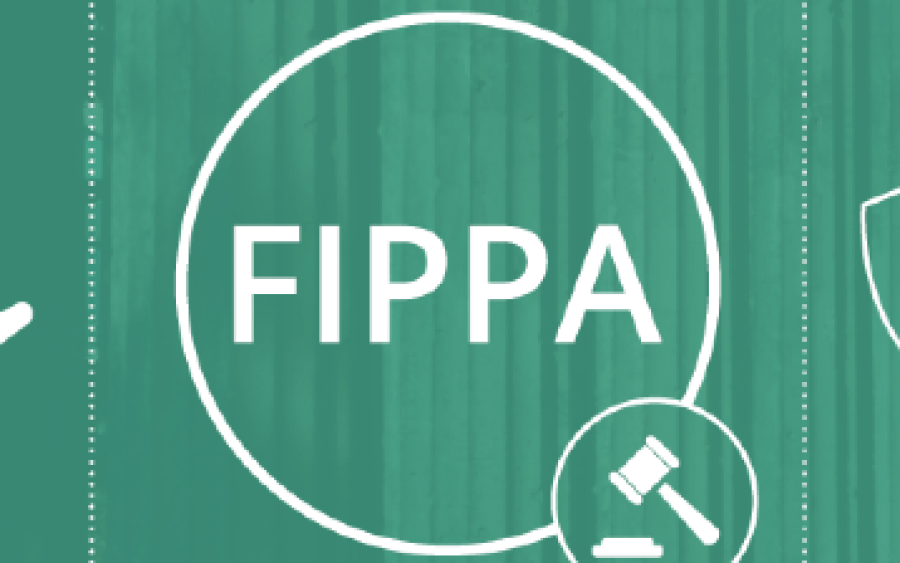Classroom PIA Model and Privacy Compliance
Under B.C.'s Freedom of Information and Protection of Privacy Act (FIPPA), school districts are required to conduct a privacy impact assessment (PIA) of digital tools that are being considered for use that will involve the use of personal information. The reality is, that for teaching and learning, there is a continuous stream of new digital tools on offer.
The Classroom Privacy Impact Assessment (C-PIA) Model provides a realistic pathway for districts to support teachers in selecting digital resources, and conducting Privacy Impact Assessments, while meeting district responsibility requirements under FIPPA.
Understanding the Requirements
The model requires districts to have a number of supports in place in order to meet privacy compliance requirements. Without some specific building blocks in place, the technical solution will not meet privacy compliance requirements.
To guide districts in their own work, Focused Education Resources has developed templates and examples to support planning and a modularized technical solution to automate the workflow.
Members - login to access planning resources.
1
Assess Your Readiness
Assess your district's readiness to implement the model.
2
Align Risk & Responsibility
Determine which roles will have what degree of responsibility.
3
Policy & Procedures
Review key legislation to develop your local policy and procedures.
4
Develop Tools & Templates
These documents and materials support the model.
5
Technical Solution
With decisions made and structures in place, move to implementing the technical solution.
6
Workflow Overview
Understand the process actions that occur at the classroom level and at the district level.
7
Additional Configuration
Some additional technical solution configurations or decision-making may need to occur.
8
Training Resources
District personnel and field support for implementation of the Classroom PIA model.
Privacy Management Program Manual
We have gathered all the resources in one place to help guide those responsible for creating a Privacy Management Program. Our PMP manual is available to download or for those wishing to peruse the seven components and resources online, we also have them available individually via the links above.
Freedom of Information & Protection of Privacy Act Overview
Learn about the legal privacy obligations that apply to school districts.
The Freedom of Information and Protection of Privacy Act (FIPPA) is a legal framework that guides access to public sector information and safeguards personal privacy. It grants individuals the right to obtain records from government bodies, enhancing transparency, while also enforcing strict rules on how these bodies handle personal data, only allowing collection, use, and sharing under specific, lawful circumstances. FIPPA's core is to promote open governance while respecting privacy rights, detailing when information should be released or withheld.

